An initiative that ensures continued schooling for students during the harsh winter months
During the harsh and freezing winter months, Dolpo Tomorrow’s Kathmandu Winter School program, exclusively funded by Die Bambusschule e.V., ensures continuous schooling for higher-grade students of CBS. These students, above grade 7, migrate to Kathmandu, stay at the Winter School hostel, and continue their education.
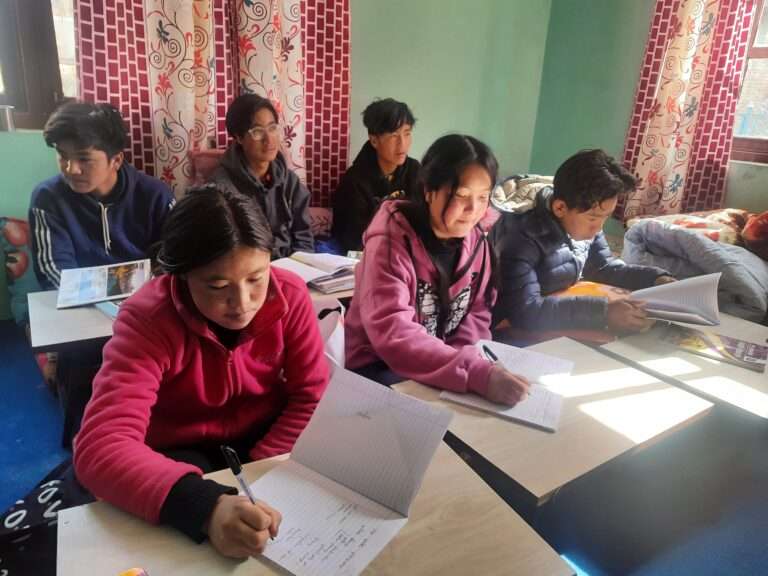
Due to the extreme remoteness and isolation of Dolpo, learning opportunities for students are limited, especially as schools close during the freezing winter months. Following the summer session, which operates from May through October, CBS opens for an additional 2 months of the winter session (November and December) before closing for a complete 4-month period during the harshest winter conditions.
To ensure senior students receive continued schooling and broaden their learning sources, enhance their experiences, and improve education quality, we initiated the Kathmandu Winter Program. This program provides students with the opportunity to spend the winter in Kathmandu and continue their schooling.


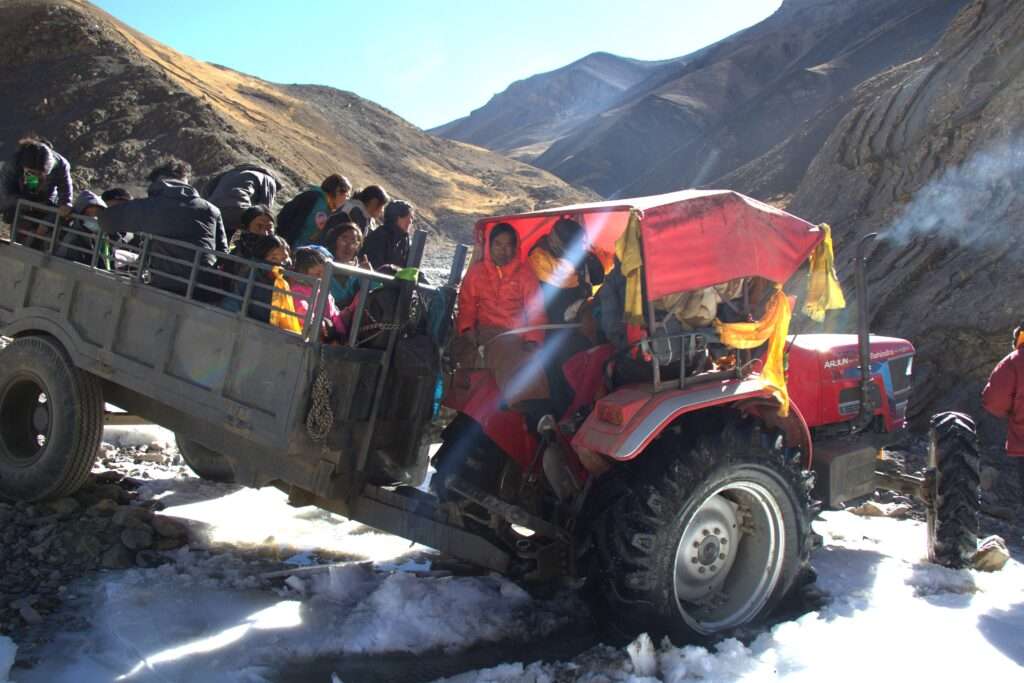
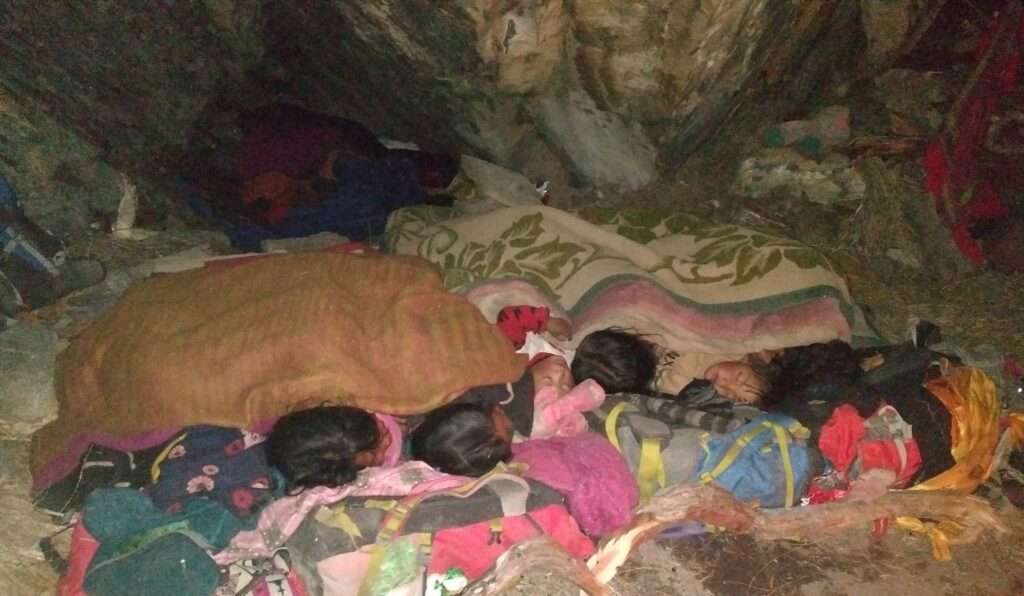
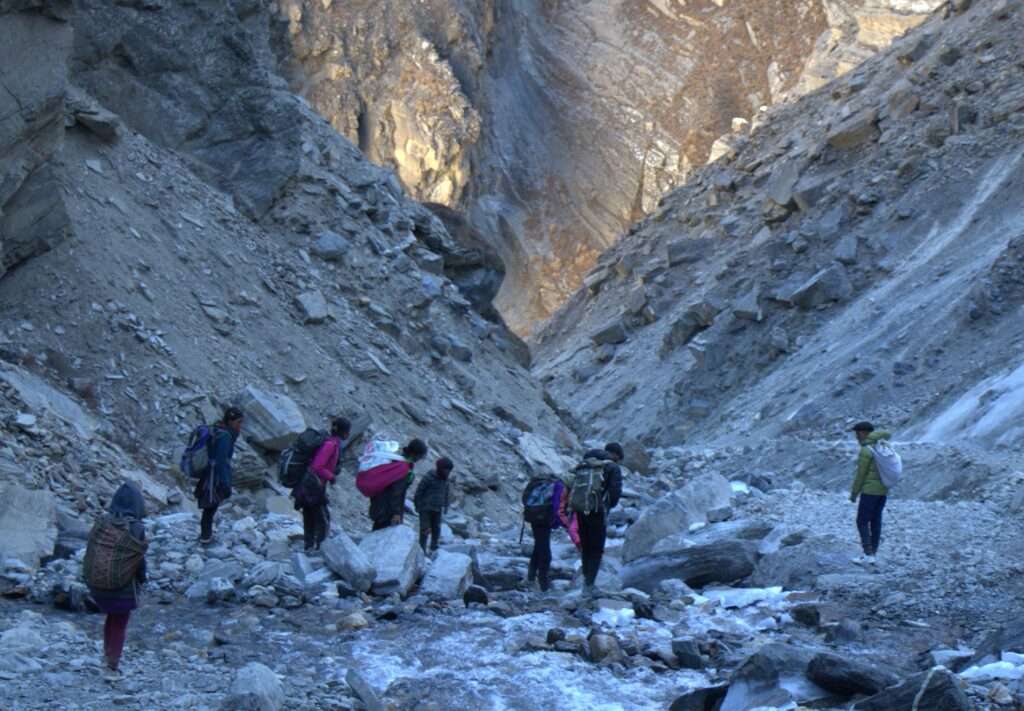
Dolpo is not connected by road to this day. In their journey to Kathmandu, students follow their ancient route towards Jomsom, the nearest place with public transport. They hike across snow-covered landscapes, high passes, and deep gorges, carrying their belongings, cooking their own meals, and sheltering in caves at night. From the road’s last point, they are picked up by a tractor or a jeep, which drops them off in Jomsom. From there, they can take a bus or a flight to Pokhara and then on to Kathmandu.
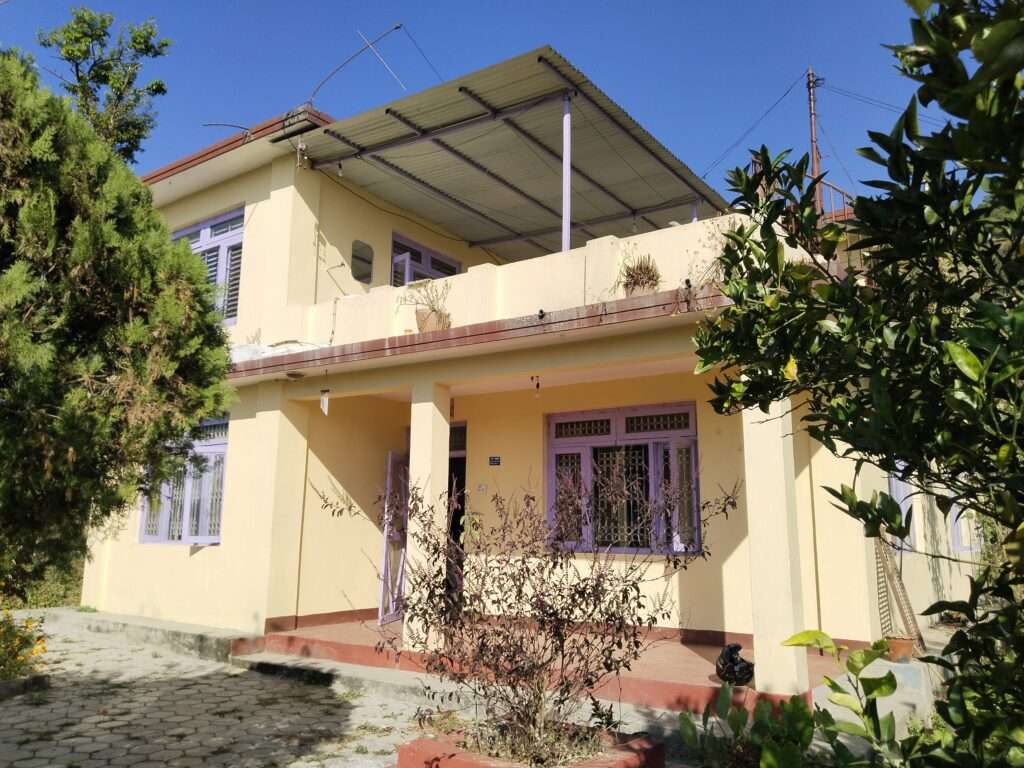
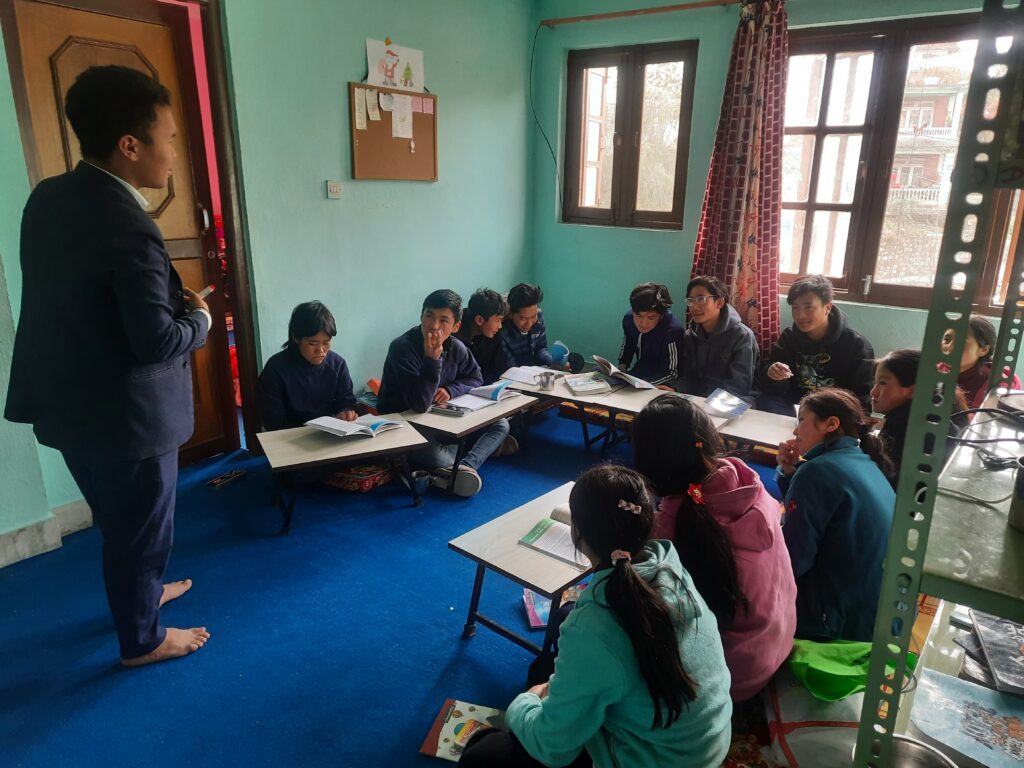
The number of students at the hostel will increase on a yearly basis. Hence, the challenge to finance the project will intensify too in the future. But Dolpo Tomorrow and Die Bambusschule are committed to maintaining this unique program, ensuring that each student receives the support needed for a transformative educational experience.
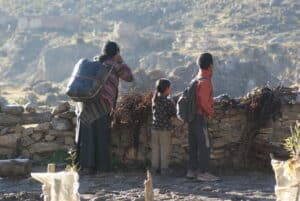
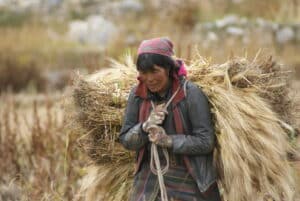
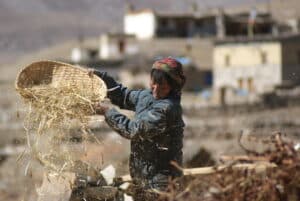
+977 9843390217
dolpo.tomorrow@gmail.com info@dolpotomorrow.org.np
Website Created by: The Genesis